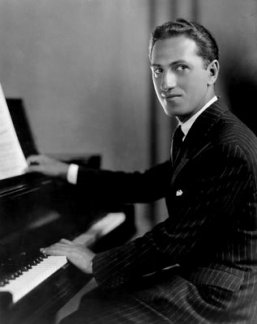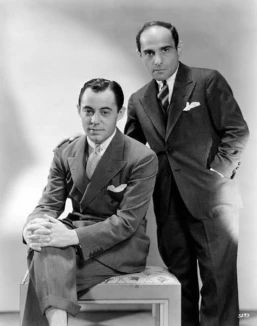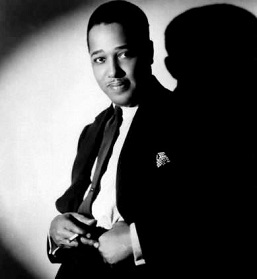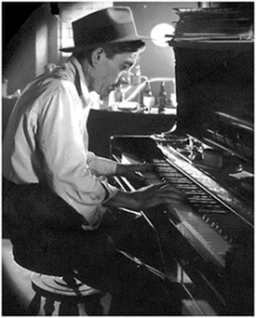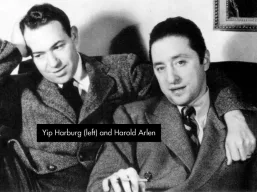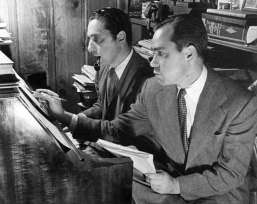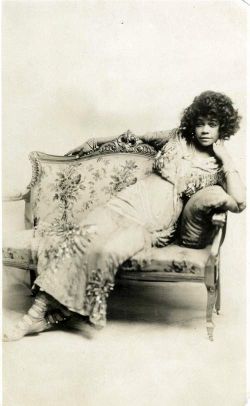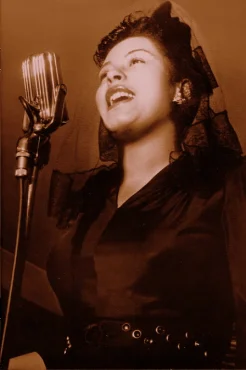Would I Love You (Love You, Love You) / Mucho, mucho, mucho (Es que yo te quiero tanto)
___________________________________
page originally published on 10 October 2012; latest edit: 24 September 2019
___________________________________
Would I Love You (Love You, Love You) — m. Harold Spina, w. Bob Russell
A Spanish language version, alternately titled “Es que te quiero tanto,” “Es que yo te quiero tanto,” and “Mucho, mucho, mucho” was recorded as early as 1951.* I’ve yet to identify the lyricist.
lyric, English: International Lyrics Playground
lyric, Spanish: Letra de Cancion (written by Luis de Llano?)
________________________
Patti Page — issued in January 1951 on the 45rpm single Mercury 5571-X45, and on the 10-inch 78 rpm single Mercury 5571, b/w “Sentimental Music” in each case — This was the follow-up single to Page’s hugely successful recording of “Tennessee Waltz,” which was #1 for 13 weeks in 1950-1951.
.
.
Jerry Gray and his Orchestra, vocal: Tommy Traynor — recorded on 6 December 1950; issued in January 1951 on the 78 rpm single Decca 27402, and on the 45 rpm single Decca 27402, in each case backed with “Say It with Your Kisses”
.
Harry James & his Orchestra with Doris Day — issued on 29 January 1951 on the 78 rpm single Columbia Records 39159, and on the 45 rpm single Columbia Records 4-39159, in each case as the B-side of “Lullaby of Broadway”
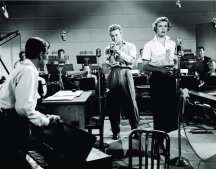 The recording was included in the 1954 album Young Man with a Horn, Columbia Records CL 582, an expanded 12-inch version of the 10-inch album of the same title that had been released in 1950 as Columbia Records CL-6106, and as a four disc set of 10-inch shellac singles.
The recording was included in the 1954 album Young Man with a Horn, Columbia Records CL 582, an expanded 12-inch version of the 10-inch album of the same title that had been released in 1950 as Columbia Records CL-6106, and as a four disc set of 10-inch shellac singles.
I’ve found no evidence to suggest that the song had anything to do with the 1950 film Young Man with a Horn, except retroactively, due to its inclusion in the 1954 expanded version of the original 1950 “soundtrack” album associated with the film.
.
Peggy Lee with John Scott Trotter and his Orchestra — broadcast transcription from The Bing Crosby Show For Chesterfield, Season 2 — taped: 10 February 1951; broadcast: 21 February 1951; introduced by Tallulah Bankhead
sources:
- The Peggy Lee Bio-Discography: Appearances with Bing Crosby (On The Radio, Part VIII)
- A Bing Crosby Discography, Part 2d – Radio, Chesterfield Cigarettes Presents The Bing Crosby Show, 21 September 1949 to 25 June 1952
.
Tony Martin with Henri René and his Orchestra — issued in February 1951 on the 45 rpm single RCA Victor 47-4056, and on the 10-inch shellac 78 rpm single RCA Victor 20-4056, b/w “I Apologize” in each case
.
The Orioles
recorded on 20 April 1951; issued in May 1951 on Jubilee 5057, b/w “When You’re a Long Way From Home”
.
live in Chicago, 1951
.
Frank Sinatra — undated live performance, presumably from a radio or television broadcast transcription, released in 1994 on the compilation album There’ll Be Some Changes Made (The Rarities: 1950-1951)
.
Helen O’Connell — issued in 1951 on the 10″ shellac 78 rpm single Capitol Records 1368, and the 45 rpm single Capitol Records F 1368, b/w “Gypsy Heart” in each case
.
.
Tex Beneke led orchestra, featuring unidentified female vocalist — broadcast transcription, c. 1951-1952, from the 2006 compilation of transcriptions Tex Beneke And His Music In The Miller Mood
.
Dean Martin — undated early television performance
.
Liane with The Boheme Bar Trio — from the 1953 album A Continental Cocktail
Abbey Lincoln — from the 1957 album Abbey Lincoln’s Affair… A Story Of A Girl In Love, (US) Liberty LRP-3025 (Mono)
.
Cesar Romero — from his 1958 album Songs by a Latin Lover, Tops Records L1631
.
Gogi Grant — from her LP Granted It’s Gogi, which is dated differently by RateYourMusic.com and Discogs.com, as follows:
- 1959 — Granted It’s Gogi, (US) RCA Victor LPM-2000 (Mono), RCA Victor LSP-2000 (Stereo)
- 1960 — Granted… it’s Gogi, (US) RCA Victor LPM-2000 (Mono), RCA Victor LSP-2000 (Stereo)
.
The Cardinals — 1950 demo? — issued in 1977 on Robin Hood 154
The video provider says: “Atlantic unreleased demos [sic] recorded in 1950.”
.
Mary Lou Williams — date unknown
___________________
Spanish language lyric versions
Es que yo te quiero tanto (aka “Mucho, mucho, mucho”)
Maria Victoria in the film Porque peca la mujer (1952) — Archive.org, Wikipedia, and other sites indicate that she recorded the song under the title “Mucho, Mucho, Mucho” in 1951. However, Internet Movie Database (IMDb) lists the soundtrack title in the 1952 film as “Es Que Yo Te Quiero Tanto.”
.
Mucho, Mucho, Mucho
Perez Prado con las Hermanas Montoya recorded a bilingual version under the title “Mucho, Mucho, Mucho.” Recording date unknown. It was included on the 1959 album La Niña Popoff, RCA Victor (Mexico) MKL-1197, but this may be a collection of earlier recordings. The fact that the arrangement used by Prado in this recording seems to have been the model for the 1954 Tadaaki Misago recording (see below) suggests that the Prado recording was made no later than 1954. Prado’s interpretation evidently uses a combination of the original English lyric and the Spanish language lyric sung by Maria Victoria in the 1952 film Porque peca la mujer.
______________________
Chiemi Eri with Tadaaki Misago and the Tokyo Cuban Boys — 1954
The arrangement, by Yoshio Murayama, appears to have been modeled on that used in the Perez Prado recording above.
.
Seymour Rechtzeit — Yiddish lyric version, date unknown; the slide show features photographs of Rechtzeit, his wife Miriam Kressyn, and the pair together
_____________________
* Google search results suggest that “Es que te quiero tanto” has been used more frequently as the title than “Es que yo te quiero tanto,” but neither of the two phrases is found in the lyric. In the first section of the chorus, we have “Es que yo te quiero mucho.” The word “tanto” appears in the second section, but the line is different: “Es que yo te adoro tanto.”













